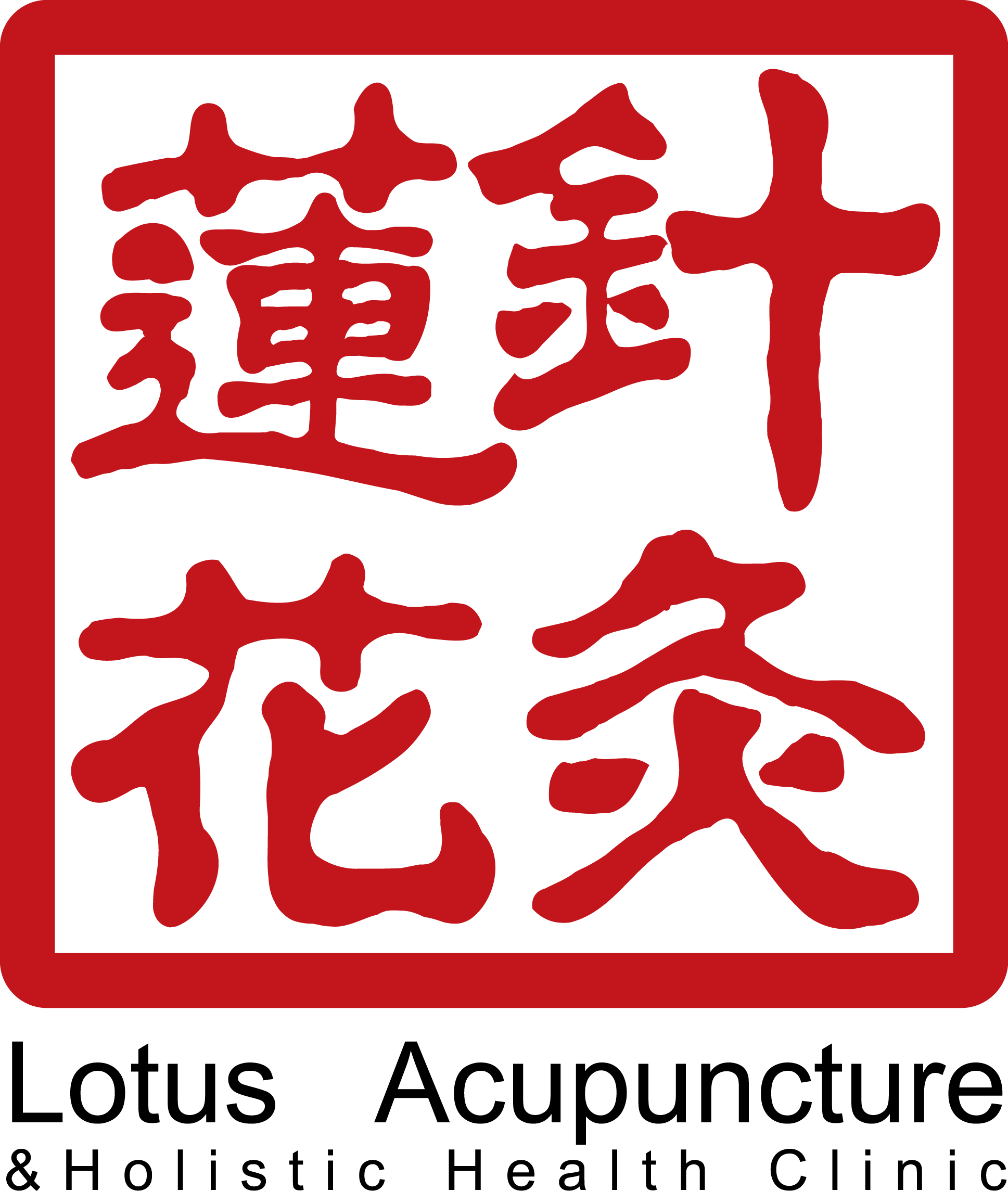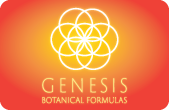 Perimenopause is the period in a woman’s life when her body is preparing for menopause. During a woman’s thirties, her hormone production begins to slow down and continues to diminish, as she grows older. For many women, this period of adjustment is fraught with many symptoms that can interfere with the harmony of her body.
Perimenopause is the period in a woman’s life when her body is preparing for menopause. During a woman’s thirties, her hormone production begins to slow down and continues to diminish, as she grows older. For many women, this period of adjustment is fraught with many symptoms that can interfere with the harmony of her body.
These symptoms can range from mild to severe depending on the woman:
- Anxiety
- Dry skin
- Fatigue
- Feeling bloated
- Heart palpitations
- Hot flashes
- Insomnia
- Irritability
- Loss of concentration
- Decreased sex drive
- Mood swings
- Night sweats
- Reduced stamina
- Urinary incontinence
- Vaginal dryness and itching
- Weight gain
For most women, the majority of the most troubling symptoms diminish when menopause commences, and a new balance between the harmonies is established.
- Cardiovascular disease
- Osteoporosis – bone loss
- Osteopenia – lower bone density
- Vaginal atrophy – thinning of vaginal tissues
- Fibroids – benign tumors (non-cancerous) that form on the wall of the uterus
These health problems are why many women decide to try hormone replacement therapy(HRT), only to stop the therapy after a short time due, to the side effects and serious health problems caused by(HRT). Fortunately, there are other ways to treat the symptoms of perimenopause and menopause using nutrition and acupuncture.
Nutritional Guide for Perimenopausal and Menopausal Women
In, Prescription for Nutritional Healing, Phyllis Balch and James F. Balch, M.D., provide an extensive list of nutrients that are proven, to help treat, prevent, and relieve perimenopausal and menopausal symptoms. These nutrients are best taken while under the care and supervision of a doctor of natural medicine (e.g. Acupuncturist, Naturopath, etc.
Nutrients for perimenopausal and menopausal women:
Beta-1,3-D-glucan is a complex carbohydrate derived from the cell wall of baker’s yeast. This nutrient boosts bone marrow production and stimulates the immune system.
Coenzyme Q10, Coenzyme A- supports the immune system’s detoxification of many dangerous substances, streamlines metabolism, eases depression and fatigue, increases energy, supports adrenal glands, processes fat, boosts immune system, and improves over all mental health.
(DHEA) Dehydroepiandrosterone-increases memory function, reduces stress, and enhances sex drive.
Soy protein-Helps relieve hot flashes.
Vitamin D3-regulates calcium within the body.
Vitamin E-reduces hot flashes.
Calcium and magnesium- protects against bone loss and relieves nervousness and irritability
Silica- supplies silicon, needed for connective tissue and for calcium uptake.
Herbs for perimenopausal and menopausal women:
Damiana-enhances sexual drive.
Amaranth- chickweed, dandelion greens, nettle, seaweed, and watercress are rich in calcium.
Anise, black cohosh, fennel, licorice, raspberry, sage, sarsaparilla, squawvine, unicorn root and wild yam root are natural estrogen promoters.
Gotu Kola, dong quai- relieves hot flashes, vaginal dryness, and depression.
St. John’s Wort – is good for anxiety and depression.
RECOMMENDATIONS:
It is recommended that perimenopausal and menopausal women eat a diet consisting of 50% raw foods and take protein supplements to help stabilize blood sugar. Additionally, perimenopausal and menopausal women should add to their diet:
- Blackstrap Molasses
- Dandelion greens
- Kelp
- Salmon with bones
- Sardines
- White fish
It is also recommended that during this period, women should not consume any animal products other than those listed above. Try to avoid dairy products or limit consumption to very small amounts of low-fat yogurt or buttermilk. DAIRY PRODUCTS, SUGAR, WHITE FLOUR, PROCESSED FOODS, AND MEAT PROMOTE HOT FLASHES AND CONTRIBUTE TO A LOSS OF CALCIUM FROM BONES. (Balch, 2000)
Furthermore, perimenopausl and menopausal women should avoid alcohol, caffeine. Sugar, and spicy foods and soups, as these can trigger hot flashes and increase mood swings.
Other suggested therapies are:
- regular exercise
- avoiding stress
- drinking two quarts of water each day
- substituting garlic or onion powder for salt when cooking
NOTEWORTHY:
Japanese women generally experience far fewer symptoms of menopause than do Western women due to a high consumption of phytoestrogens (plant estrogen) in their diet. These are found in foods, such as, soybeans (no GMO), tofu, miso, flaxseeds, pomegranates, and dates. When these substances are eaten they act like the estrogen produced in the body.
Also of Interest:
According, to Elson M. Haas, M.D., “A good diet along with supportive nutritional supplements and stress management may help to delay the onset of menopause and reduce symptoms when it does occur”. (Haas, 709)
ACUPUNCTURE
Acupuncture is an effective way to relieve and treat symptoms of perimenopause and menopause. Specific points on the foot help treat the spleen and kidney, by addressing the yin and qi.
Acupuncture points
Spleen (SP6): This acupuncture point is located by placing three fingers above the tip of the inside anklebone.
ACTIONS: Nourish and invigorates blood
Kidney (KD3): This acupuncture point is located in the depression between the tip of the inside anklebone and the Achilles tendon, level with the tip of the anklebone.
ACTIONS: For hot flashes and night sweats; Anchors Qi
References
Balch, Phyllis A. CNC, James F. Balch, M.D.. (2000). Prescription for Nutritional Healing (3rded.). New York: Avery.
Balch, James F., M.D., Mark Stengler, N.D. (2004). Prescription for Natural Cures.
New Jersey: John Wiley & Sons, Inc.
Haas, Elson M., M.D. (1992). Staying Healthy with Nutrition. Berkeley, CA: Celestial Arts.




